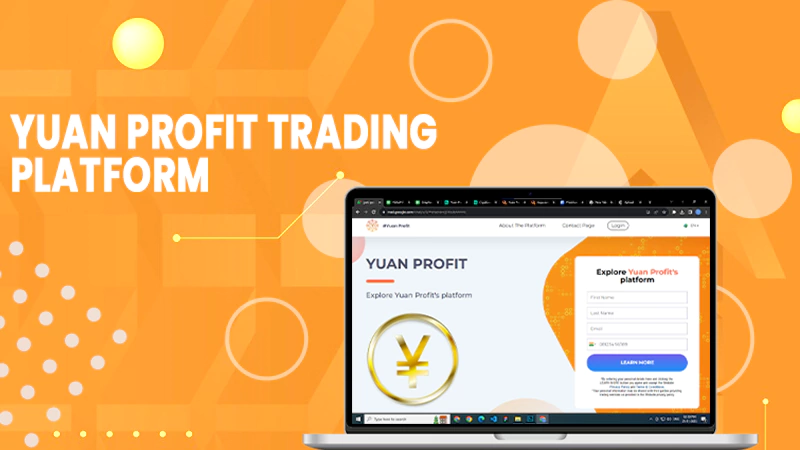Growth vs. Value Investing – Which Investment Strategy is Better?
As an investor, part of your wealth management strategy would be to develop a plan to enable you to build your portfolio. Most likely, value and growth investing will be among your options due to their popularity.
The two are classic approaches, and choosing between them may challenge you. You may need to gain the prowess required to figure it out. Save yourself the headache. Reach out for financial planning guidelines from the most resourceful financial advisers.
Employing the best strategy among the two will make all the difference in your portfolio as an investor. Here is what you need to know.
What is Value Investing?
All the stocks listed in the market have values. Stock values are either intrinsic or true based on the fundamental analysis conducted. Intrinsic value differs from the current market price of listed stocks.
Sometimes the market price becomes lower than the intrinsic value of the stocks. That makes them undervalued. Market participants expect that the prices of these stocks will rise over time to the level of their intrinsic value. With that, the investor gets to enjoy capital appreciation.
In essence, value investing is about investing in undervalued stocks with the hope that their prices will level up to their intrinsic value so that the investor can gain profits. Here, due diligence is critical.
Benefits of Value Investing?
Value investing is a strategy that maximizes the power of compounding and works for investors in different income groups. It also exposes the investors to blue-chip companies. The significant advantage is that value investing is a high-reward with a low-risk strategy. However, for you to be successful in this venture, you need to do your due diligence. Also, patience is paramount when dealing with value investing.
What is Growth Investing?
With growth investing, investors focus on stocks whose potential is above average. According to growth investors, shares that have shown growth over the last couple of years have the potential to keep growing even in the future. That explains why growth investment strategy only deals with companies known for their high performance and growth.
The stocks in growth investing could be of young or emerging companies, provided they have the potential for outstanding growth. The advantage of these companies is that their shares may already be costing more, but growth investors will still prefer investing in them. That is because they believe their shares will rise in price, which translates to high profits.
Benefits of Growth Investment
There is a potential for higher returns in growth investing. This investment strategy requires no assessment of the company’s intrinsic value. As an investor, you can diversify your portfolio in different sectors. Also, you don’t need to worry, as this strategy will caution you from the effects of inflation.
Keep in mind that identifying the right stocks is essential. There is a high risk of selected stocks underperforming. Also, such stocks have a high level of volatility.
When Should You Choose Growth Stocks?
You can invest in growth stocks if;
- You rely on something else other than your portfolio for income. You should be able to do without this money for a while. That is because growth companies fuel their expansion by investing their profits in businesses, and at that, they rarely pay dividends.
- You are willing to give your stocks time to live up to their growth as achieving ambitious goals takes a long time.
- You can tolerate high risks. With the competitive nature of businesses today, companies strive to outdo each other. It means that the prospects of a company can change within no time. Such changes demand a strong stomach.
When Should You Choose Value Stocks?
You can invest in value stocks if;
- Your investment portfolio is your source of income. With value stocks, companies give healthy dividends to investors to make investments more attractive when their businesses do not have outstanding growth.
- You are knowledgeable about avoiding value traps.
- You are interested in investing in undervalued stocks, knowing they will pay you off sooner rather than later. A company can outmaneuver competitors just by making the right moves.
The preference of investors matters when it comes to growth vs. Value investment. Other essential factors to consider are the investment goals, the time horizon, and personal risk tolerance.
Note that in shorter periods, how growth or value performs largely depends on the cycle point in which the market is. What does that imply? Value stocks perform during economic recessions. Growth stocks perform well during economic expansion. Our financial advisors are there to guide you on this and more.
Follow Us
Latest Post
















